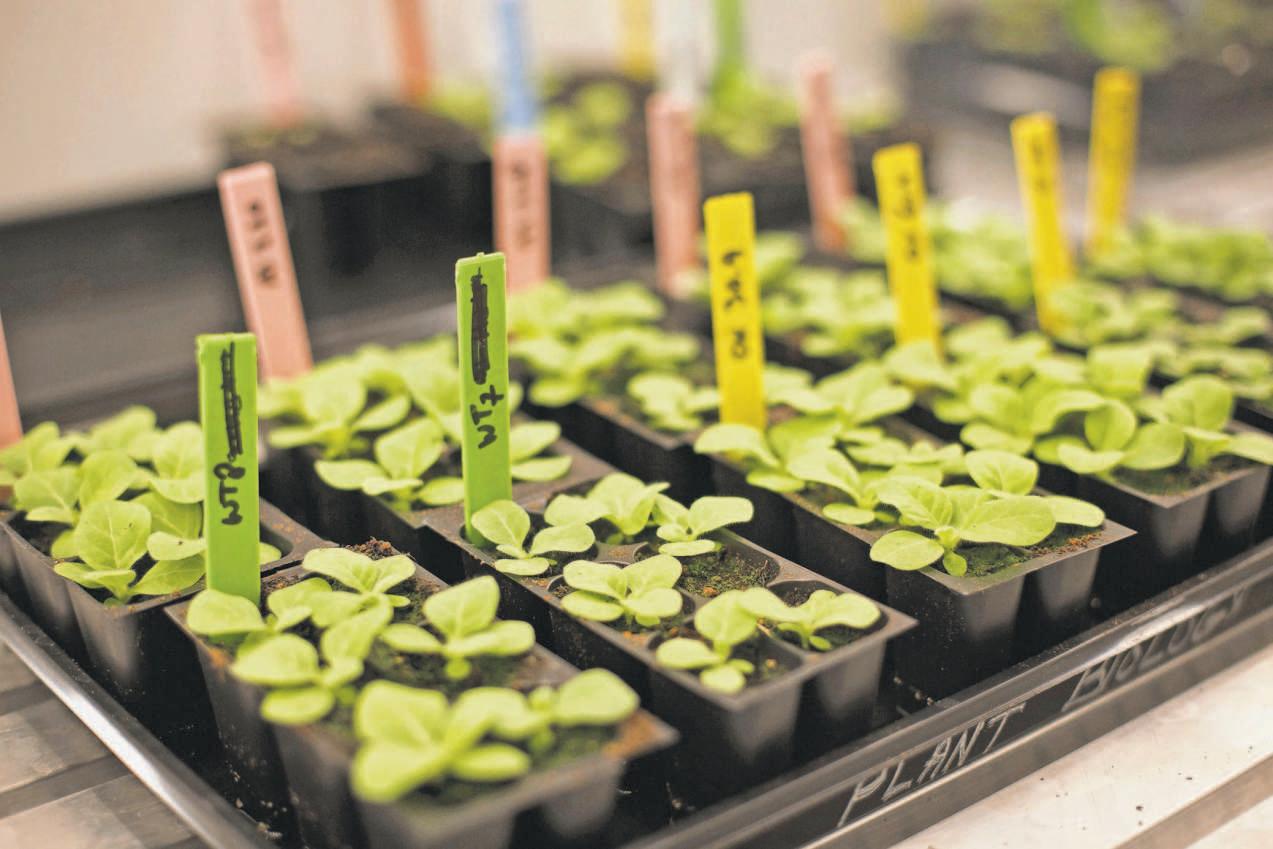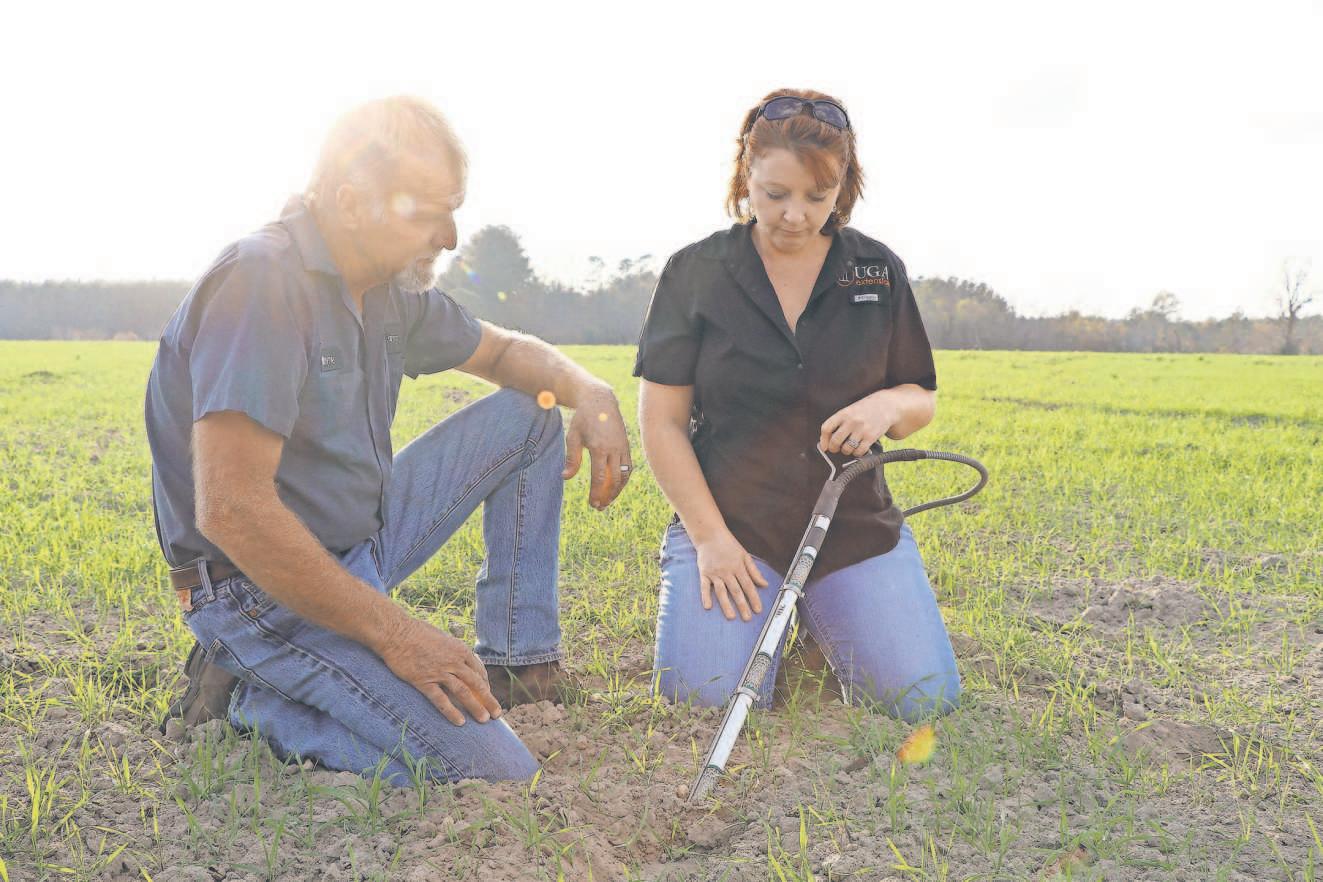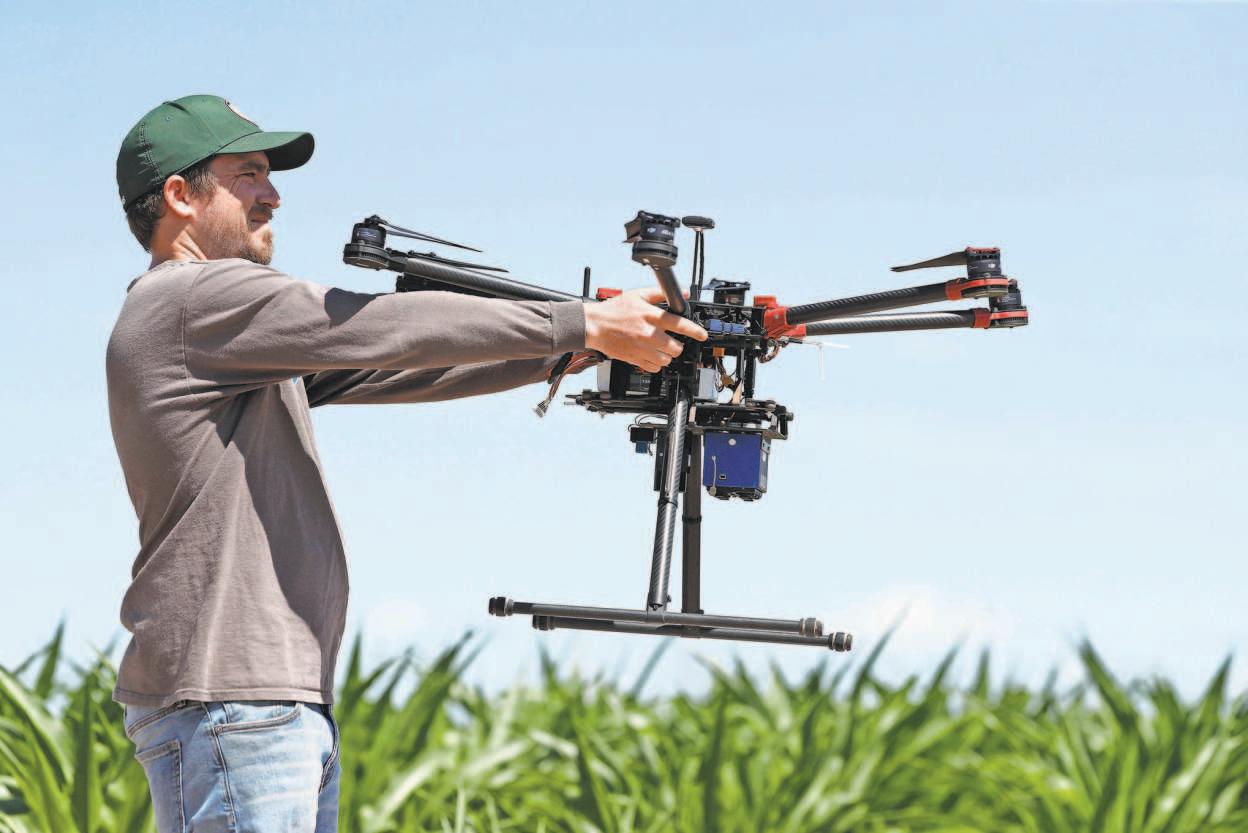68
USA TODAY SPECIAL EDITION
EDUCATION By Amy Sinatra Ayres
Connect for Success
W
Cooperative extensions support farmers, educate communities
became a part of land-grant university programming more than 100 years ago, it served as a way to deliver new developments in science and technology from academic institutions to the farmers who needed it. Today, it’s still bringing practical information to farmers, but it also helps teach science, technology, engineering and math (STEM) to children through 4-H clubs and addresses community food security and nutrition challenges. And the extension representatives embedded in communities inform the universities about obstacles local farmers are facing. There are extension offices in or near most of the 3,000 counties across the nation. While some large corporations might have in-house research and training departments, the federal government, in coordination with state and local jurisdictions, stepped in to fill this role in agriculture. “Agriculture was different because it was millions of independent farmers around the country that we’re coordinating in that way,” said J. Scott Angle, director of the USDA’s National Institute of Food and Agriculture (NIFA). “We needed something like this as a way to get (farmers) the information, get them the solutions they need through research and then deliver that information through the extension service.” Many of the extension systems are based at agricultural colleges but have reach throughout the states where they’re located. The University of Georgia Extension, for example, seeks to “foster a healthy and prosperous Georgia” in all of the state’s 159 counties — from the urban areas of Atlanta to the row crop producers further south, said Laura Perry Johnson, the university’s associate dean for extension. One important part of this extension is that it delivers 4-H youth programming primarily in schools during instructional time to more than 238,000 students, Johnson said. The content is specific to the area where the school is located. “These days, school systems are asking for a lot of programming in science-related topics, STEM education,” she said. “We also do things like financial literacy and health and wellness programming … embedded in all of those subject matter areas are things like public speaking,
JOSH PAINE/UGA EXTENSION
Jennifer Miller, a University of Georgia extension representative, works with a local farmer to measure soil moisture.
HEN THE COOPERATIVE EXTENSION System
CONTI NUED














